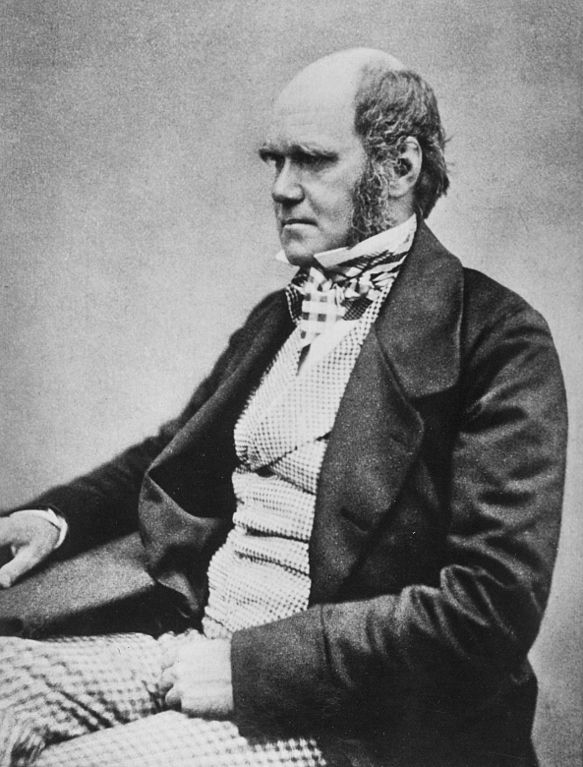| Charles Darwin | |
|---|---|
 |
|
| Naturalist & Geologist | |
| Specialty | Life Sciences |
| Born | Feb. 12, 1809 The Mount, Shrewsbury, Shropshire, UK |
| Died | Apr. 19, 1882 (at age 73) Down House, Downe, Kent, UK |
| Nationality | British |
Among the most controversial figures in world history is Charles Darwin. Darwin’s theory of evolution forever changed the way scientists looked at how human beings evolved. The theory also challenged commonly held beliefs about religion that set off a firestorm of debate, a debate that still rages to this very day. Regardless of what one thinks of Darwin’s theory of evolution, no one can deny how impacting and influential Darwin has been on the scientific community.
Darwin’s Early Life
On February 12, 1809, Charles Darwin was born in Shrewsbury, Shropshire, England. He was born of privilege as his father was a doctor and a financier. Darwin also grew up in a home that was socially conscious as his family was involved with the abolitionist movement.
Darwin, contrary to the beliefs of some, was not brought up in a household that promoted atheism. Darwin was a religious man who struggled with his beliefs later in life. However, as a young man, he was a follower of the Anglican religion.
Young Charles was also good in his studies and, when he grew older, he enrolled in the University of Edinburgh Medical School. Darwin did not like medical school and gravitated to, of all things, taxidermy.
A Naturalist is Born
In his second year of medical school, Darwin joined the Plinian Society, which was a natural history organization. Darwin would invest a great deal of time studying marine invertebrates. He also invested a lot of time studying, of all things, oyster shell spores. It could be said this newfound hobby was setting the stage for his eventual journey into becoming a naturalist.
His father, however, found it distressing that Darwin was not working hard in medical school so he engineered the young one’s transfer to Christ’s College. While studying at his new college, Darwin was required to study material that presented a strange fusion of creationism and naturalism.
The Flight of the Beagle
When Charles Darwin opted to travel around the world on the ship, The Beagle, little did he know he would be starting on a journey that would forever change the world of science. On December 27, 1831, Darwin left on a five-year voyage on the HMS Beagle to study geology at the various South American locations the ship would stop at. Darwin was also to collect plants as part of a natural history collection.
Over the course of the trip, Darwin would examine various different fossils. He made many notes on the fossils. Slowly, over time, he began to conclude that one species did not automatically turn into another one and that process of evolution seemed to occur. Darwin would eventually compile his notes into his major work, On the Origin of the Species.
On the Origin of the Species
Published in 1858, On the Origin of the Species would become the foundation for the discipline known as evolutionary biology. At the core of the book was the notion that living creatures evolve over generations through the process of natural selection. Natural selection is commonly referred to as survival of the fittest as only the strongest of the species are able to thrive and survive from one generation to the next.
Obviously, the work presented in its pages was extremely controversial as it went against the common grains of thought held in the bulk of the scientific world. To say the work was extremely disliked by those in the religious community would be a massive understatement.
Other Works of Charles Darwin
Darwin’s life’s work would be quite diverse and impacting across many fields and disciplines. Other work by Darwin would cover such material as sexual selection and emotions as they are expressed by humans and animals. While these works were impressive, they did achieve the same widespread interest as On the Origin of the Species.
Darwin’s Final Years
Darwin did struggle in life over his eventual growth into atheism. It can be said this may have troubled him somewhat later in life. Overall, his final years seemed to be relatively peaceful. On April 19, 1882, Charles Darwin passed away due to complications related to heart disease. His legacy is an amazing one as it still influences science to this very day.